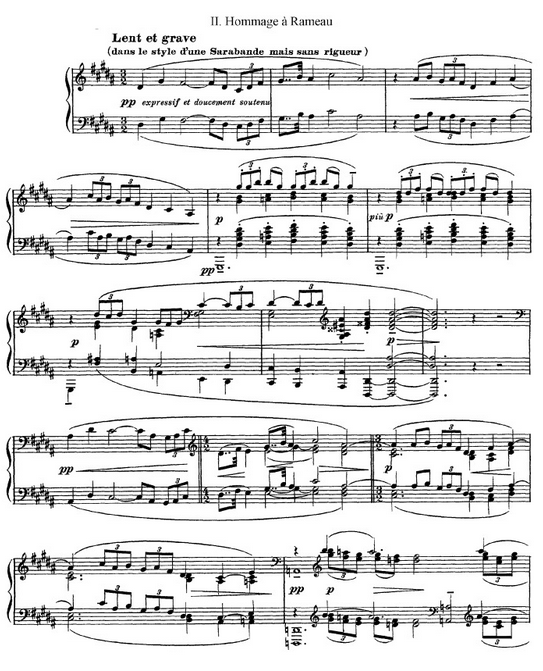
Last night after driving home from Grayling, I was sitting in my chair and moved a magazine and found my checkbook. I hadn’t taken it with me. It is comical that I spent a good amount of time combing through huckleberry bushes looking for it. I told Eileen if she spotted it not to move it because I wanted a picture of it (for Facebooger and possibly blog use).

It may be that I am destined to live off balance and keep myself there. Ay yi yi.

I was very surprised at how exhausted I was from the drive home.
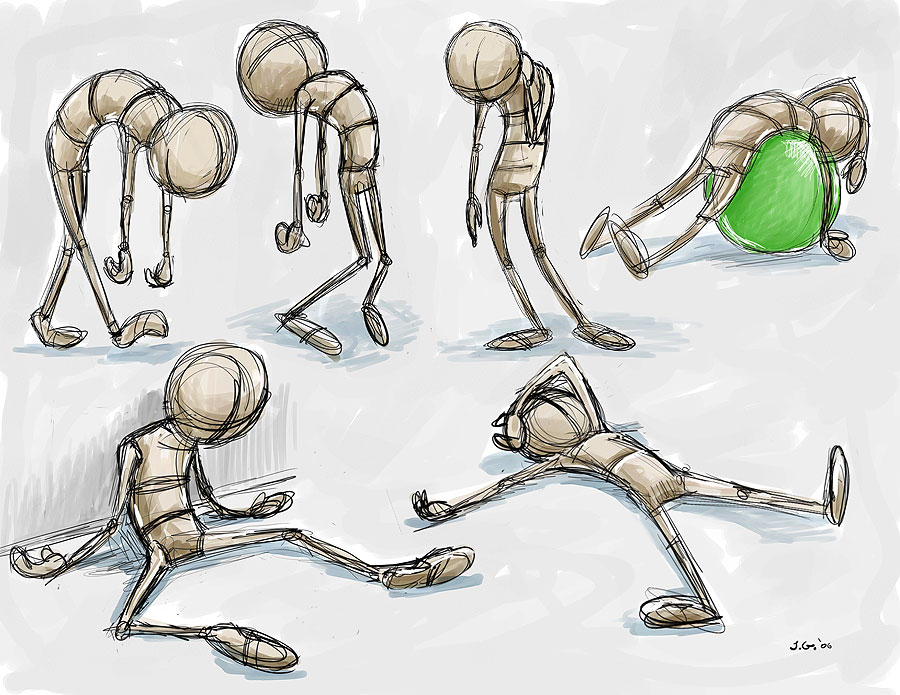
Admittedly I was stressed about the checkbook. I also have vacation stress believe it or not. I can only really be myself with Eileen. So living with others even ones I care deeply about takes energy.

Also Eileen and I spent a good deal of time driving around Grayling purchasing material to reglue my Mom’s rear view mirror. The guy at the auto parts store was clueless. When I asked for alcohol to clean the window, he tried to sell me dry gas. After purchasing a kit and a tool to detach the mirror from the little metal piece that holds it on the windshield drove down to the grocery store (checked in to see if they had found a check book, ahem) and bought alcohol and paper towels.

Then when Eileen read the directions we figured out that the little kit to reglue the rear view mirror actually had a little alcohol pad in it to clean the window first.

So we prepped the window which meant carefully taping the spot where the mirror goes from the outside, removing the old glue, cleaning the area, putting one (1) drop of glue on the small part the mirror is attached to and then pressing it on the glass for a minute. Next we were to wait thirty minutes so we jumped in our cars and started driving home.


By the time we got to Lake City we pulled off and mounted the mirror.

Come to think of it, it’s not too weird that I was exhausted and depleted by the time we got home.

My emotional terrain was one of fail. My romance with failure is complicated. I know that I can be difficult and that I am perceived as maybe incompetent or eccentric to a fault, and I don’t really like being perceived that way. But at the same time, I am very satisfied with my eccentricities and am not particularly interested in adapting to be more easily classified by others.

It’s a weird space to live in. Maybe that’s what it means to be old now. Resisting having my brains washed out by stupidity and keeping the blinders on by not being informed might be just an old guy getting older and more out of touch with popular society.

I am totally at peace with that. All I can say is thank God for Eileen who can see past my weirdness and manage to love the real me.

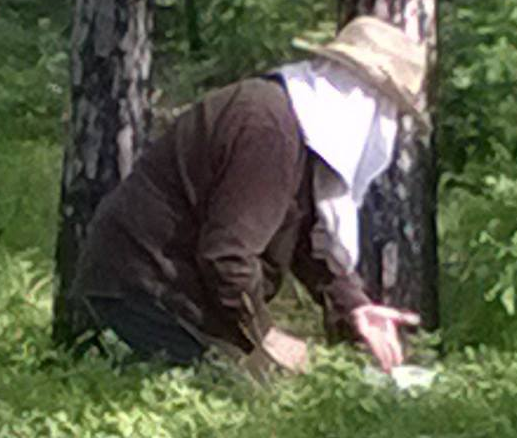


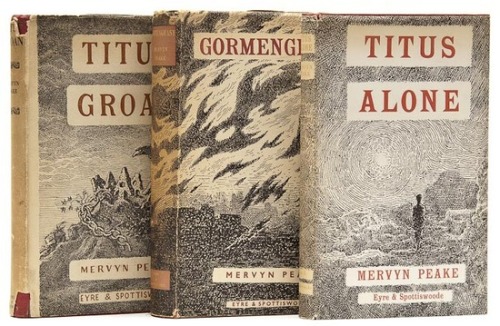




















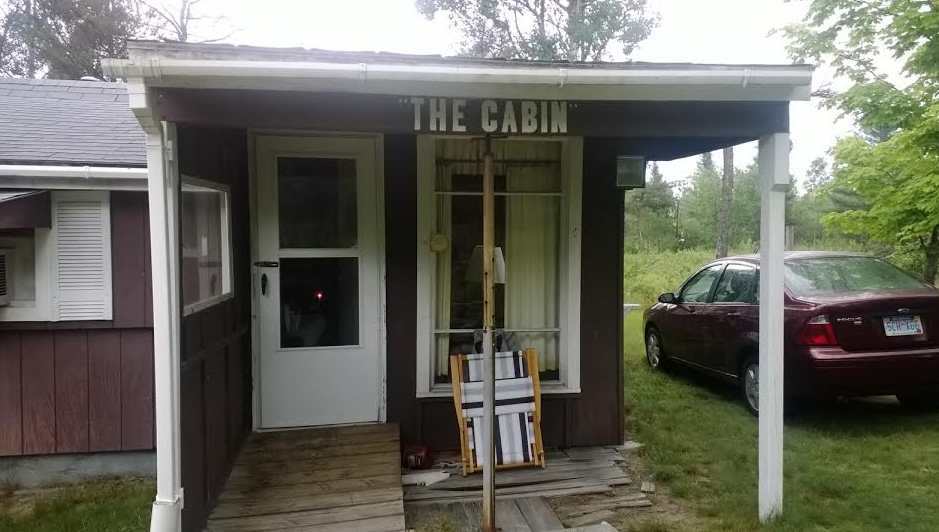
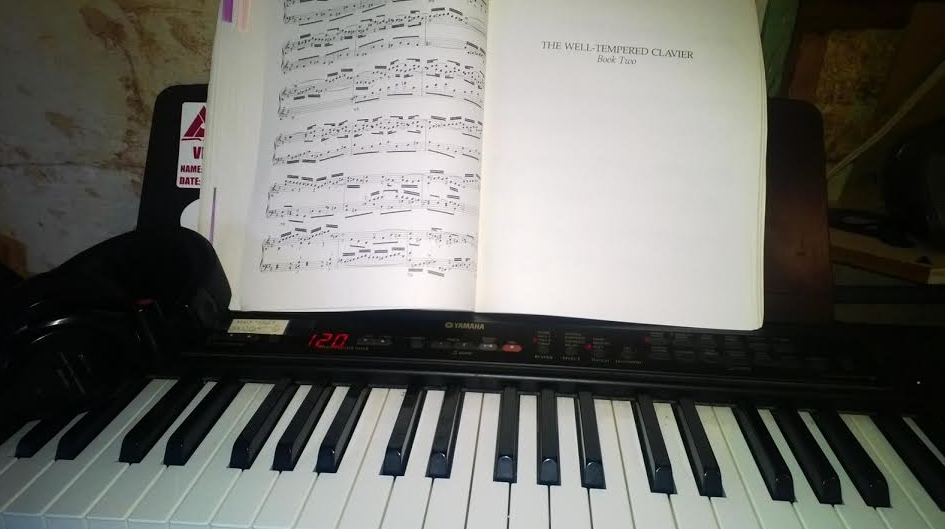




































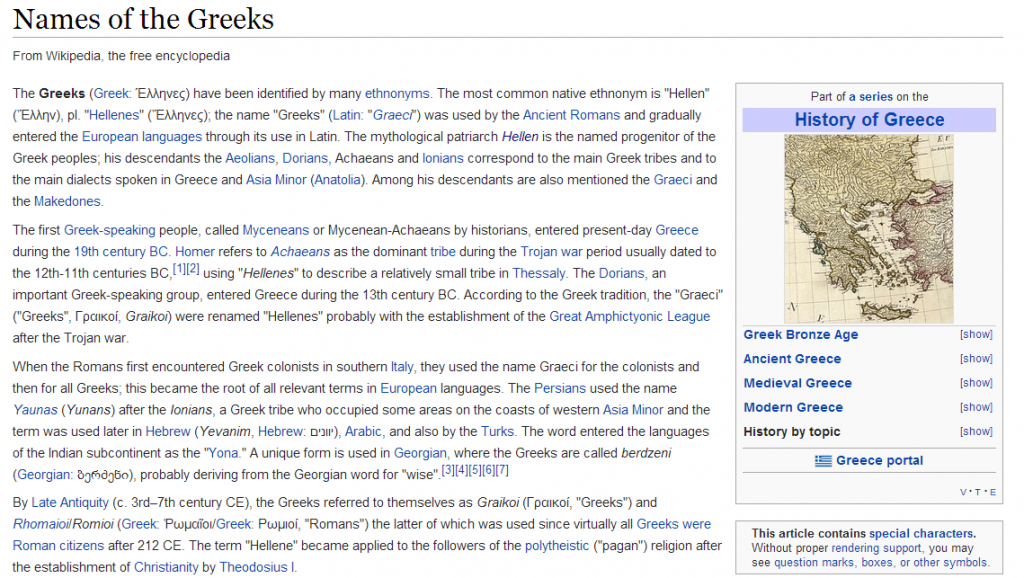
















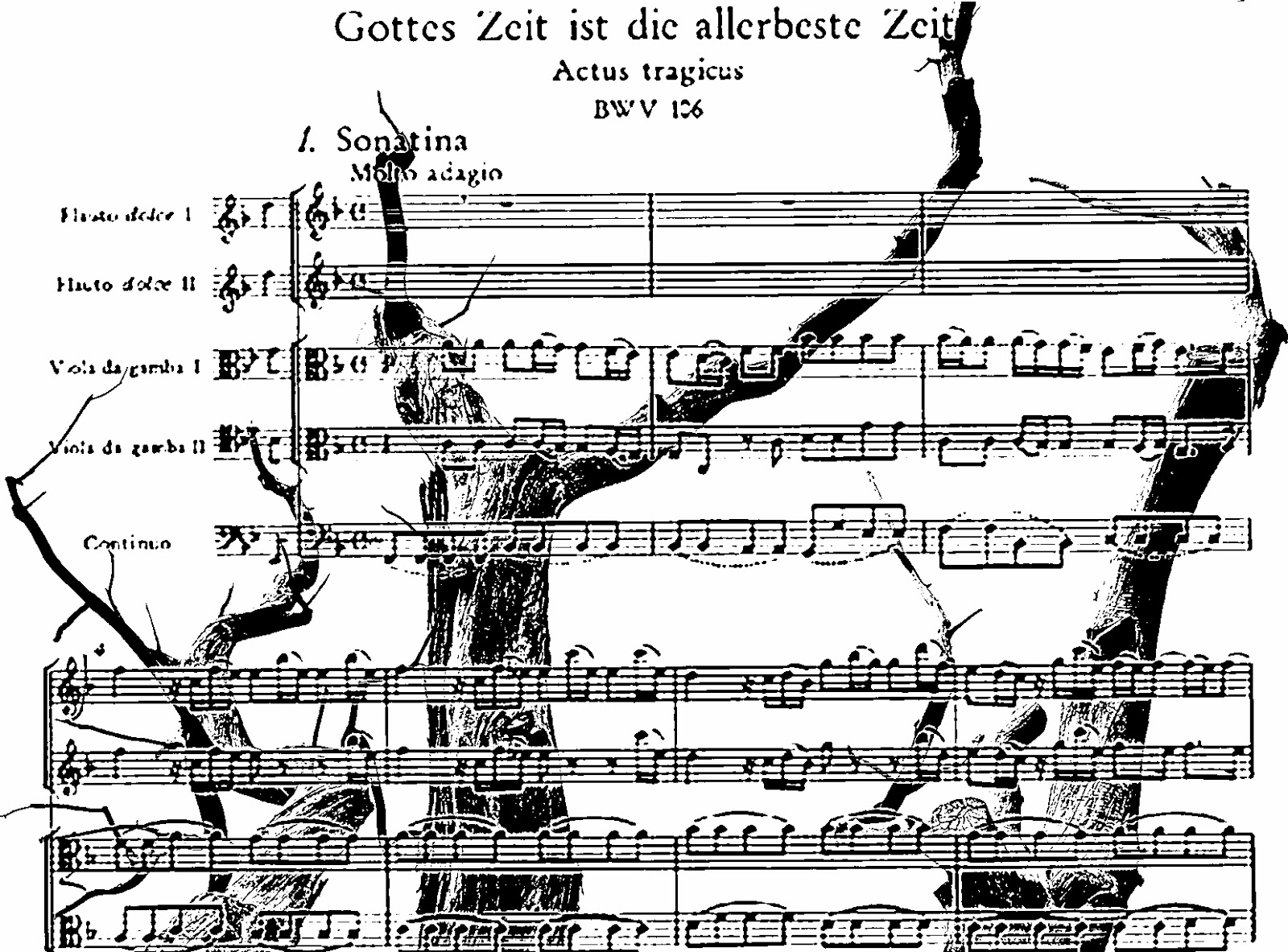
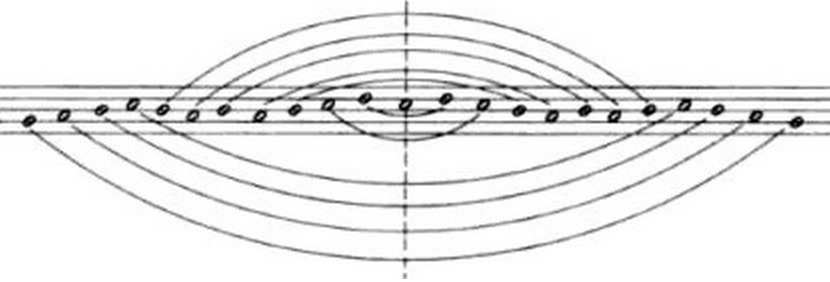




.jpg)












